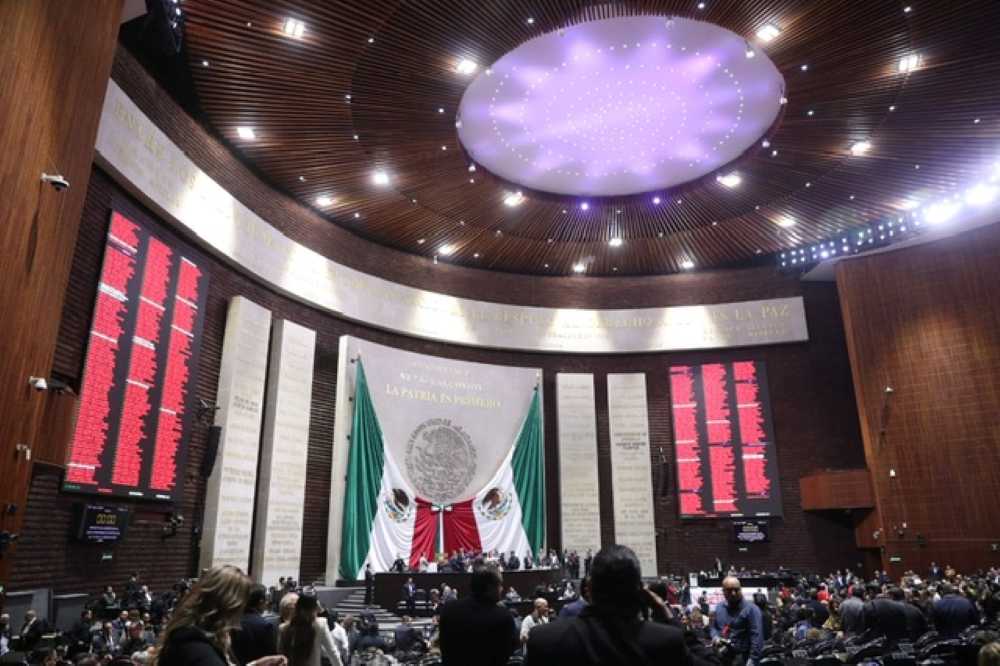Mexico's Chamber of Deputies Approves Sweeping Welfare and Agricultural Reforms
The Mexican Chamber of Deputies has approved reforms to expand welfare benefits for individuals with disabilities, lower the retirement age, and provide greater support to rural communities.

In a landmark legislative session, Mexico’s Chamber of Deputies overwhelmingly approved reforms to the country’s Political Constitution aimed at enhancing welfare benefits and providing critical support to the nation’s agricultural sector. With a qualified majority of 483 votes in favor, lawmakers ratified the broad measures, which amend articles 4 and 27 of the Constitution. These reforms are poised to have a significant impact on millions of Mexicans, particularly those with disabilities, senior citizens, and small-scale farmers and fishermen.
The reforms are in line with President Andrés Manuel López Obrador’s commitment to reducing inequality and expanding the social safety net for vulnerable populations. Under these new constitutional provisions, the state will guarantee non-contributory pensions for individuals with permanent disabilities under the age of 65 and senior citizens starting at age 65, a significant shift from the current age threshold of 68. In addition, small-scale agricultural and fishing producers will benefit from direct state support and guaranteed prices for key staples, including corn and beans.




